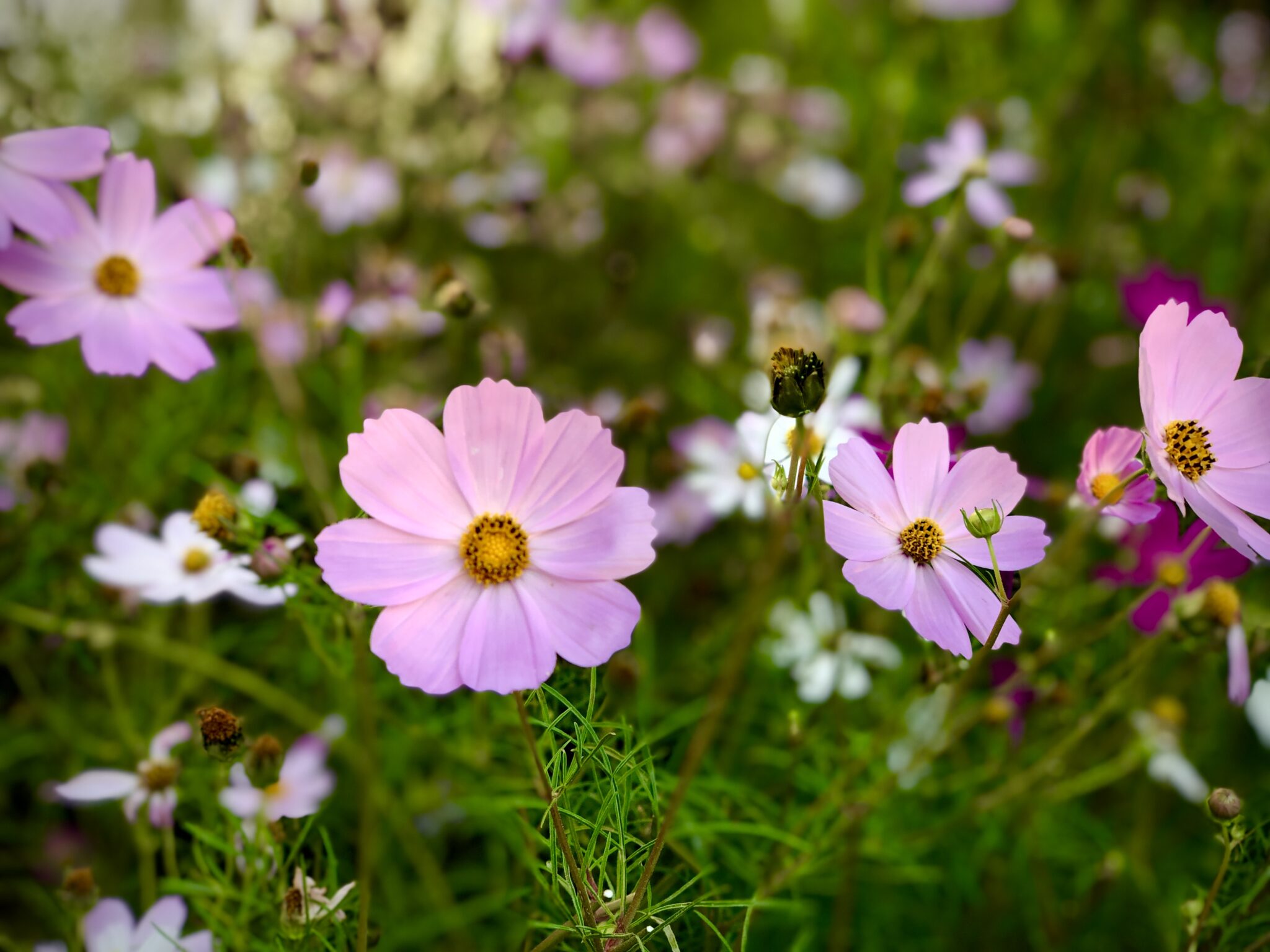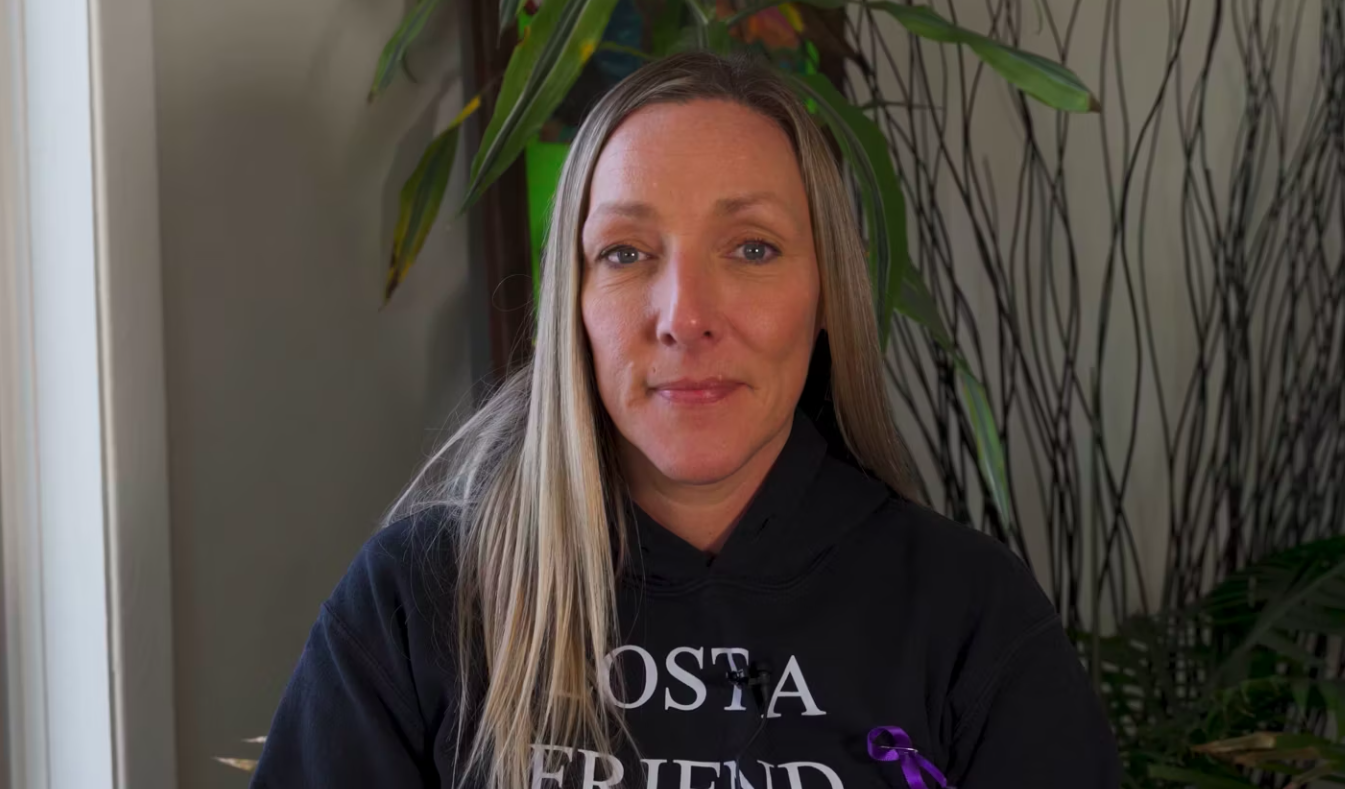Posts Tagged ‘Support’
Jim – Self care
Jim – Self care
Jim shares about the importance of self-care for law enforcement officers. I share some simple tips that can help you take care of your physical and mental health, including: Getting enough sleep, Eating a healthy diet, Exercising regularly, Practicing relaxation techniques, Seeking professional help if needed
Jim – When should you seek help
Jim – When should you seek help
Jim talks about when you should seek help for mental health. How it can be difficult to ask for help, especially for men and for people in certain professions, such as law enforcement and the military. But if you are struggling, it is important to reach out for support
Jim – Supporting someone in crisis
Jim – Supporting someone in crisis
Jim talks about supporting someone in crisis and how being there for them can help. That may mean answering the phone at 2am, taking them to the doctor’s appointment, and checking tup on them. It’s not easy, but it’s the right thing to do. He was fortunate to have a friend who did this for him, and is still grateful for their support. If you know someone who is struggling, don’t be afraid to step up. It could make all the difference.
Joyce – Mothers supporting mothers in grief
Joyce – Mothers supporting mothers in grief
Joyce talks about the value of a support network of other mothers who have lost
Joyce – Using my grief experience to help people
Joyce – Using my grief experience to help people
Joyce talks about the positive experiences she has in helping other people in grief
Joyce – Walking beside people who are stuggling with addiction
Joyce – Walking beside people who are stuggling with addiction
Joyce explains why it so important to help people who are struggling with addiction
Joyce- Learning to live with grief
Joyce- Learning to live with grief
Joyce shares a story of support from a friend and how she managed in her early grief
Kristal – Story of Lived Experience
Kristal – Story of Lived Experience
Kristal discusses experiencing homelessness at multiple stages of her life and how that informs her work as a peer support worker. It gives her an understanding of the nuance that surrounds the community. She uses this experience to support people who are experiencing grief related to death from drug poisoning.
Kristal – Attending Memorials as a Support Worker
Kristal – Attending Memorials as a Support Worker
Kristal discusses the importance of finding ways to honour people that have been lost and how they have impacted you. She speaks to how she often chooses not to attend public memorials for those she has lost as a support worker as they are often very overwhelming. Instead, she has her own personal rituals or ways of honouring those she has lost personally including opening a window. She discusses how this practice was used when she worked in palliative care.
A Million Other Things: Grieving a Drug Poisoning Death
By Jessica Milette, MSW, RSW
A parent sits across from me, anxiously wringing their hands. They will be returning to work after the sudden death of their child. “What if they ask? Do I tell them that they died of an overdose?” Terror flashes across their face. “What if they judge me? My child? What if they think I’m a terrible parent?” We take a moment to reflect on their child and I ask them to tell me about them. They pause, but then I notice their hands aren’t as tense as they cross them over their shoulders. “They were so thoughtful and gave the best hugs. Their smile would light up any room.”
Sister, father, son, niece, best friend – some of these words might be how you would describe your loved one who has died of an overdose or drug poisoning. People Who Use Drugs (PWUD) are not defined by their substance use – they are a million other things to those who love and miss them dearly. Drug poisoning and overdose deaths are stigmatized in our society. The focus is on how the person died, not who they are. Society still holds onto old notions and beliefs about drugs which come with a value judgment about people who use drugs, which further contributes to stigma. Not everyone who uses drugs is an addict and not all drug use is inherently problematic. People who use drugs deserve dignity and respect when we are remembering and honouring those who have died by overdose or drug poisoning.
More stigma means less support for people using drugs and those that support them. Much work has been done and continues to be done to dispel myths and stigma about addiction, drug use, and those who use drugs. Addiction is an illness: something that someone lives with, not something that defines them. These same values and judgments society has about drug use aren’t attached to folks who die of other illnesses. Society tends to view drug use and those who use them as a black and white issue. However, those who love someone who uses drugs weave a rich, colourful tapestry made of stories, reminders, and feelings about their loved one.
In my years as a grief therapist, those left behind want to share a special moment or memory about their loved one with a trusted other. When one is grieving a drug-poisoning death, this trust and sacredness without judgment offers the freedom to sit in the entirety of their grief—the grief they felt when their loved one was alive and when they died. Taking the time to use a loved one’s name in conversation, and asking the griever to share something about their loved one is a powerful tool for us on our grief journey. By initiating these types of conversations, we let the griever know that if they wish to, they can talk about their loved one. Sharing our stories are some of the most powerful ways one finds connection and healing through grief. It helps us feel less alone in our grief by sharing about what makes our person special. Those we love and grieve aren’t just a person who uses drugs – they are so much more. May each of us continue to share stories about our loved ones and the many facets their lives hold.
*DISCLAIMER* The scenario described in the article is a general reflection upon themes the author has witnessed through their grief counselling work and does not represent a specific individual in order to protect the confidentiality of service users.
Nicole – Advice for Other Professionals Managing Grief
Nicole – Advice for Other Professionals Managing Grief
Nicole discusses dealing with repeated loss while working in community outreach, not being afraid to be human.
Lyss – Depression, Anxiety, and Self Harm
Lyss – Depression, Anxiety, and Self Harm
Depression, anxiety, self harm, theapy, support, mental health, suicide



